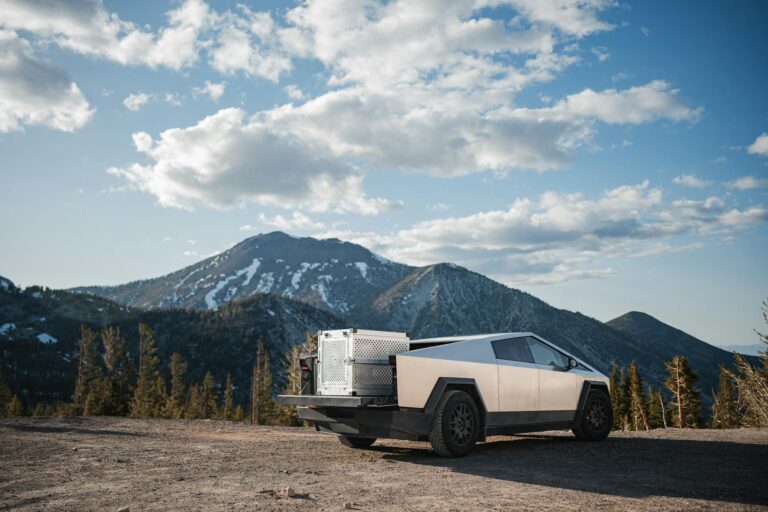Toyota’s Hiking US Car Prices by $270 Starting July—Here’s What You Need to Know
So Toyota just dropped some news that’ll hit car buyers right in the wallet. Come July, most of their US models will cost about $270 more on average. Lexus? That’s going up around $208. Not huge numbers, but when you’re already dealing with crazy interest rates and grocery bills that make you sweat, every dollar counts. Let’s break it down.
Why’s Toyota Doing This Now?
Everything Costs More (Duh)
Remember when steel and computer chips didn’t cost an arm and a leg? Yeah, Toyota misses those days too. Their supply chain guys are still untangling pandemic knots—not as bad as 2020, but enough to keep costs high. A buddy who works at their Kentucky plant told me labor’s gotten pricier too. “We’re paying more just to keep the lights on,” is how he put it.
People Keep Buying Anyway
Here’s the thing—Toyota could probably charge another $500 and folks would still line up for RAV4s. Those things sell like samosas at a Delhi street stall. But they’re playing it smart: enough of a hike to cover costs, not so much that you’ll run straight to Hyundai.
Government’s Making Them Go Green
All those new emissions rules? They aren’t free. Toyota’s dumping $8 billion into a battery plant in North Carolina. Good for the planet, bad for this year’s profit margins.
Which Cars Are Getting More Expensive?
Your Favorite Toyotas
Camry, Corolla, RAV4, Tacoma—all going up about $270. A base Camry LE might jump from $26,420 to $26,690. Not earth-shattering, but annoying when you’re budgeting.
Fancy Lexus Models Too
That RX SUV you’ve been eyeing? Add $208 to the $49,950 sticker price. Hybrids might sting a bit extra because batteries aren’t getting cheaper.
How Bad Will It Really Hurt?
It Depends (Obviously)
The $270 is just an average. Top-trim RAV4 Primes? Probably $300+. Basic Corolla? Maybe $200. And don’t forget dealers love adding “market adjustments” when something’s hot—looking at you, new Tacoma buyers.
Where You Live Matters
California folks always pay more thanks to emissions rules. Meanwhile, a dealer in Texas might eat some costs just to move inventory. Moral of the story? Call your local guy.
How Stacks Up Against Other Brands?
Everyone’s Doing It
Honda added $300 last quarter. Ford’s F-150 went up $400. Average new car price is now $47k—that’s up like 22% since 2020. Makes Toyota’s hike look almost reasonable.
Where Toyota Stands
Still cheaper than Ford trucks, but not as budget-friendly as Hyundai. Their “it’ll run forever” reputation helps, but honestly? Mazda’s looking pretty good these days.
What Should You Do About It?
Buy Now If You Can
Those 0% APR deals won’t last forever. Or check out certified pre-owned—a 2023 Camry CPO goes for about $25k. Basically new car without the new car price.
Look Around
Subaru’s only raising prices $150 on average. Volkswagen isn’t touching some ID.4 prices. And EVs like the Hyundai Ioniq 5 still get that sweet $7,500 tax credit.
The Bottom Line
Look, $270 isn’t gonna break most car buyers. But it’s another straw on the camel’s back, you know? Between inflation, regulations, and Toyota’s big electric push, prices aren’t coming down anytime soon. My advice? If you’re serious about a new Toyota, buy before July. Or at least get your dealer to lock in today’s price. And maybe bring samosas to the negotiation—can’t hurt, right?
Source: ET Auto – Passenger Vehicles












